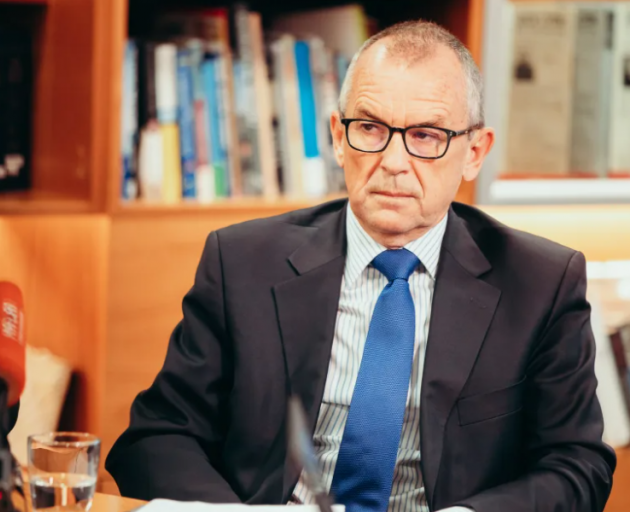
Those of us in the news business also realise, more pragmatically, that this breaking news is the job of the fourth estate, one which gives us a sound commercial footing and allows us to exist.
Literary giant George Orwell once said: "Journalism is printing something that someone does not want printed. Everything else is public relations."
From time to time, there are leaks of news. When this happens, just as interesting as the material which actually finds its way to journalists or others are the motivations behind the leaking.
Any organisation, council or government which finds itself up to its ears in leaks needs to start asking why, rather than putting all its efforts into finding the source of them.
Some leakers do it purely for the vicarious thrill of avoiding being caught and the excitement of getting away with it. They feel cleverer than those they have leaked from and, to a certain extent, untouchable.
However, for most leakers it is less a selfish act of attention-seeking and more a nerve-racking last resort of trying to expose to the public bad behaviour, bad management, bad ideas, wasteful or corrupt spending and the wasting of resources.
Leakers know very well their actions could backfire. Their jobs and reputations are on the line, and it must be extremely stressful each day at work, wondering if they are about to get caught out. Luckily there are protections for whistleblowers in New Zealand, but to have those the disclosures must follow certain rules.
When it comes to politics, public servants are in the main loyal, trustworthy and inscrutable. But, as Green Party public service spokesman Francisco Hernandez says, there are those in the sector who are frustrated at having their advice and evidence ignored by the government.

That email was then also leaked to RNZ and, on Wednesday this week, RNZ received a further email from the Ministry of Education, wanting it to help with an investigation by talking to Michael Heron KC about what may have been shared with or shown to it.
Quite rightly RNZ refused, immediately. The level of naivety on the ministry’s part here seems astounding.
It is true that leaks can be inconvenient or damaging to an organisation. But when material which the public has the right to know about is being withheld or obfuscated over for no good reason, then leaks may be the only way for us to know how well our democracy is being run.
Is there a Dr here?
Yes, is the resounding answer to that. At least a couple of hundred more doctors than Dunedin would normally have on a Saturday.
This weekend marks the 150th anniversary of the Otago Medical School. Several hundred guests, most of them graduates but not all, will return to share memories of decades long past, rekindle friendships and swap notes on the real challenges of being a doctor today.
Coinciding with the anniversary weekend is the launch of the book Against the Odds, a long overdue recognition of the difficulties faced by women medical students at the school from the 1890s until the late 1960s. If ever we needed a reminder of dignity and dedication in the face of overbearing and patronising male behaviour, this is it.
We pass on our congratulations to our medical alumni and the University of Otago, and also recognise and celebrate their achievements. Dunedin and the South have been richly rewarded by the medical school’s presence over the past century and a-half.
It is hard to imagine what our city would be like without being home to such bright, engaged and enthusiastic people whose prime motivation is to make life better and more comfortable for others.












